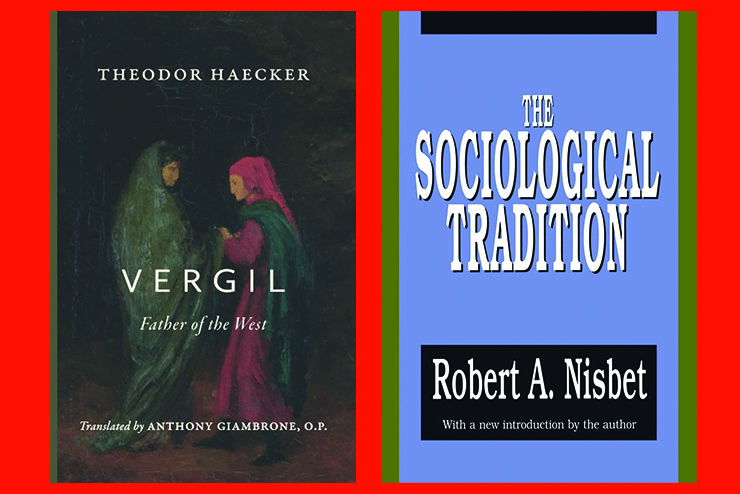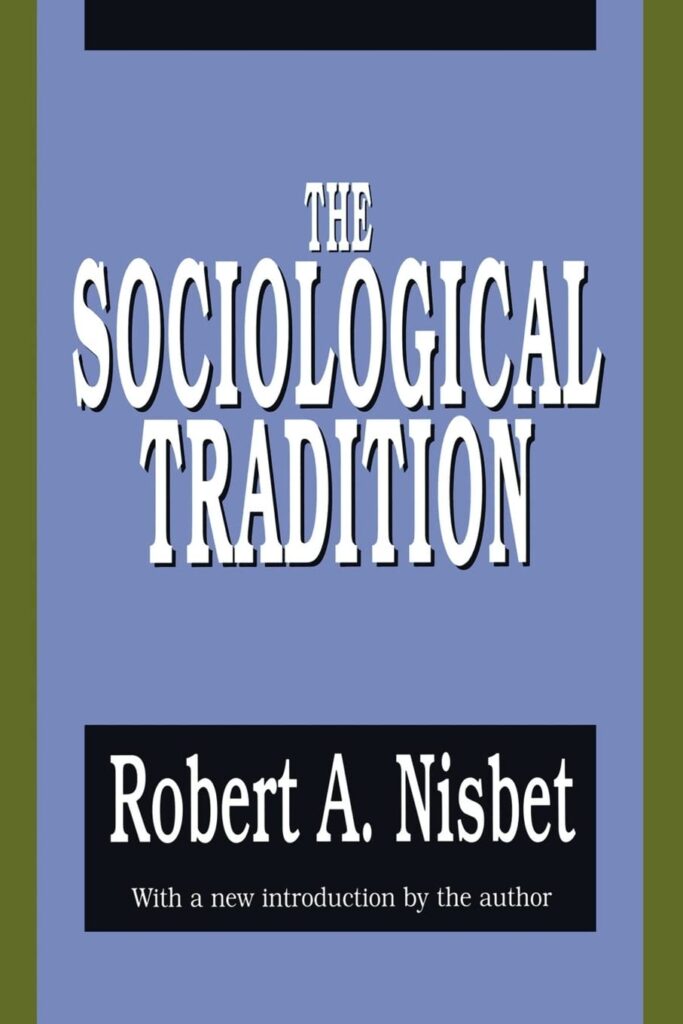Vergil was the greatest of the Latin poets and a major influence on Christian education and culture. For Theodor Haecker, he is the Father of the West. Haecker, in this magnificent little book published in 1934, views Vergil as a kind of legate between the old pagan world and the emerging Christian order.
Ancient Rome and the Roman Catholic Church transmitted the pagan classical tradition of the Hellenistic world to the West and integrated it into the spiritual unity of Europe. Vergil’s poetry suited this purpose because, even though he was a pagan, his work transcended the values of the pagan world.
The preeminent ideal of the pagan age was the hero who triumphed through his will, winning laurels, glory, and fame. After the birth of Christ, the highest ideal became the saint who surrenders his will for the greater glory of God. Aeneas, the hero of Vergil’s epic poem The Aeneid, is not a classical pagan hero. He is a defeated Trojan leader, a refugee searching for a place to settle his people peacefully. He is a Christian prototype in pagan Rome, according to Haecker.
Unlike Homer’s Ulysses, who lives by wits and deception, Aeneas is honest, humble, and pious, a man “called by heaven.” He denies himself for the greater goal of founding Rome. He represents a new, purpose-driven, rather than ego-driven, attitude toward life.
In The Aeneid, Vergil reached the apex of pagan civilization by realizing that “All things have their tears.” Vergil realized that human existence is tragic. The Roman pursuit of virtue and fame did not ultimately satisfy the soul. Neither did the Greek pursuit of philosophy and a life of Stoicism, which became popular in the Empire. Vergil’s poetry is the pagan world’s cry for human redemption beyond what the world could provide. He recognized man’s cry for redemption beyond time as a characteristic of our human nature.
The modern world has abandoned that insight and is in pursuit of a new pagan goal—scientific advancement that will end all pain and suffering. “Our modern castrated paganism does not know the saying, ‘All things have their tears,’ [and] doesn’t wish to know it,” Haecker wrote. “But Adventist paganism formulated it truly and beautifully in the fullness of time through the voice of its rarest spirit and so made itself ready and thirsting for the bloody tears in the Garden of Gethsemane.”
—Patrick J. Walsh
Writing before World War II, José Ortega y Gasset observed that “the ineptitude of sociology, filling people’s heads with confused ideas, has finally become one of the plagues of our times.” Today, it is clear that the discipline he described is largely an intellectual wasteland.
It was not always so. Given how things have turned out, Robert Nisbet’s brilliant study of the promise of early sociology is a melancholic read. Nisbet begins with the backdrop against which sociological thinking was born. Two modern revolutions, Industrial and French, cataclysmically altered the human order in Europe and worldwide. Sociologists today assume that the results of those revolutions were wholly positive. The wiser heads who built their field knew better.
These revolutions completely remade society, undoing the structure of the family and marriage and vigorously attacking religion. The factory system snatched the place and the pace of work from workers’ control. Cities, with all their social pathologies, grew enormously. The grim reign of the machine began. Individualism isolated us from the protections of culture and group. Abstraction de-emphasized norms embodied in local communities and separated us from the social glue that formed the basis of human meaning. Generalization pulled us away from comprehensible groups of everyday life and sought to make the nation the center of all power and action.
Nisbet spends a chapter apiece on five major sociological concepts that changed drastically during the modern revolutionary period. Community was imperiled as populations were uprooted. Authority came under concerted assault in all its traditional forms. Status was attacked as an unjust method for ranking individuals in hierarchies. The sacred was defiled and rejected as the fundamental belief undergirding social structure. And alienation produced a general psychological malaise, making individuals almost constitutionally incapable of healthy social relations.
The first sociologists undertook meticulous studies of what had happened. They knew the old social forms performed essential functions. At the very least, able substitutes would need to be found for those disappearing ways of doing things. And perhaps, some feared, this essential task would prove impossible.
It is a stunning free-fall from the generation of Weber, Durkheim, Tönnies, and Simmel to that of their contemporary epigones. Sociology started as a sober, careful effort to understand the nature of society; it is now naked advocacy of a childish and auto-destructive freedom to burn down all of society’s most basic structures.
—Alexander Riley



Leave a Reply